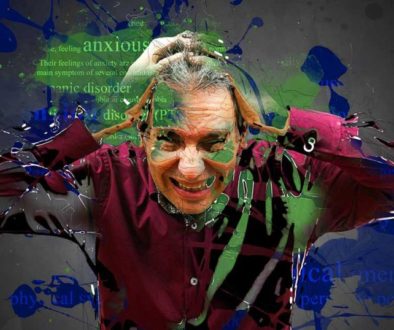The Truth About Panic Attack Medicine
The use of panic attack medicines are an effective relief for sufferers yet when combined with cognitive-behavioral therapy can form a solid line of defense in keeping attacks at bay.

What Causes Panic Attacks
 Stress is a major factor. Stress comes in many forms and may involve a relationship break up, work pressures or financial issues. It’s also reported to be of a hereditary nature.
Stress is a major factor. Stress comes in many forms and may involve a relationship break up, work pressures or financial issues. It’s also reported to be of a hereditary nature.
Allowing panic attacks to control one’s life is somewhat akin to lunacy these days with effective treatment available. Beta Blockers, Tricyclic Antidepressants. Inhibitors and Benzodiazepines are some of the panic attack medicines available to patients.
Your doctor will assess the level of your condition and suggest treatment methods. While a panic attack medicine is effective many still resist the temptation to use them given the side effects associated with some of the treatment.
A solid course of action to take is to combine medicine with cognitive-behavioral therapy. The latter is becoming more and more popular in getting to the source of the panic attacks and while it’s effective as a treatment on it’s own, a patient may find some benefit in combining a panic attack medicine treatment in conjunction with it.
Your doctor is the best guide in this situation. It’s all about finding your own level playing field and then working towards a solution to get some quality back into your life.
Here’s a shortlist of some of the panic attack medicine options available:
 – Beta blockers are antihypertensive medications used to control the physical symptoms of anxiety, such as rapid heartbeat and shaking.
– Beta blockers are antihypertensive medications used to control the physical symptoms of anxiety, such as rapid heartbeat and shaking.
– Tricyclic Antidepressants and Monoamine Oxidase Inhibitors [MAOI] are strong antidepressants and are usually prescribed when a sufferer is also combatting associated disorders.
– Benzodiazepines will often be prescribed for conditions such as stress, insomnia or anxiety. It’s also prescribed in some cases for panic attack although they are not really a long term solution.
– Selective Serotonin Reuptake Inhibitors [SSRI] are relatively new and help maintain levels of seratonin in the brain. Like Benzodiazepines, they are not really a long term treatment.


